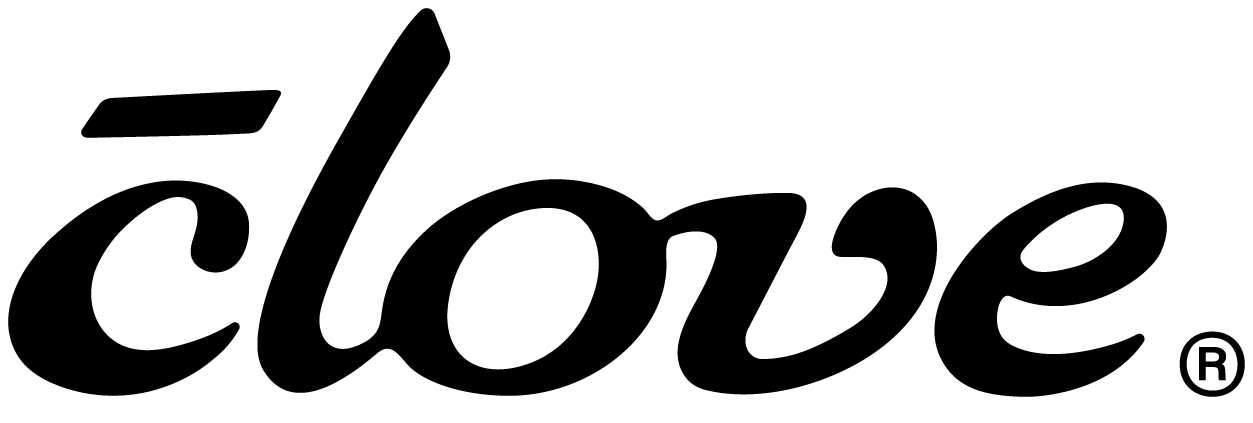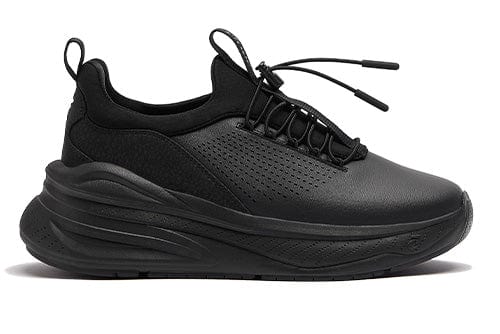Mental Health Resources for Healthcare Workers
The mission at Clove has always been clear. You support them, we support you. Healthcare professionals play a critical role in our communities, but the demands and stress of their work can take a toll on their mental well-being. The arduous hours, extra shifts, complex problem solving, and the emotional toll of losing patients, can take a toll on your mental well-being. Even though healthcare professionals are highly trained and adept at managing pressure, they are not immune to the effects of prolonged stress that often results from a career in this industry
Your mental health as a healthcare worker is crucial. We understand the importance of prioritizing your mental health as a healthcare worker. It is essential not to overlook the mental well-being of healthcare workers who dedicate themselves to the care of others. After all that you give to ensure the well-being of your communities, it is vital that you take the necessary steps to ensure you feel your best.
To assist you in this journey, we have curated a list of mental health resources specifically tailored to the needs of healthcare professionals in the medical field. These resources are designed to support your mental health and well-being, recognizing the unique challenges you face as frontline healthcare workers. From public health and human services to nurse organizations and mental health care providers, these resources encompass a wide range of support networks.
Remember: If you are in crisis, there are resources you can turn to. Clove stands by your side, providing the tools and resources you need to prioritize your mental health as a healthcare professional.
The 988 Suicide and Crisis Lifeline offers free, confidential crisis counseling 24/7/365 — and you don’t have to be in crisis to call or text.
The Crisis Text Line also offers free 24/7 mental health support. Text “SCRUBS” to 741741 for help.

Mental Health Resources for Healthcare Workers
The Emotional PPE Project was started by members of the healthcare community as a result of the barriers they witnessed between healthcare workers and the resources for their mental health. Between the COVID-19 pandemic, lack of time during busy workdays, and stigmas surrounding mental health– they witnessed an enormous gap in the system.
The Emotional PPE Project is 100% free of charge for health care practitioners. No insurance, no cost, just trained professionals to talk to.
“NAMI provides advocacy, education, support and public awareness so that all individuals and families affected by mental illness can build better lives.” (Source) NAMI approaches mental health from all angles – educating communities, supporting those who are highly impacted, advocating for those suffering from mental health issues, and leading awareness and public policy events in their communities.
Therapy Aid Coalition was launched in March of 2020 at the start of the COVID-19 pandemic. The intention was to connect essential workers with free and low-cost online therapy throughout the ongoing pandemic. They have since established a national network of psychotherapists, who help support the mental wellness of healthcare professionals and first responders.
Psychology Today offers a comprehensive, international portal of Therapists, Psychologists, and Counselors. Though this resource isn’t healthcare worker specific, it offers an enormous database of location-specific mental health professionals for those looking for in-person treatment options.
The Heroes Health Initiative looks to give back to the healthcare workers and first responders who make the rest of our lives safe, healthy, and possible.
“Heroes Health was designed by a team of researchers from UNC School of Medicine and Cooper University Health Care. The Initiative’s principal investigator, Dr. Samuel McLean, is an Emergency Medical Physician at UNC Health and COVID-19 survivor. He conceived of the idea to connect front-line healthcare workers with existing resources at healthcare organizations during a COVID shift in March 2020.” (Source)
The CDC offers a wealth of information and resources tailored to more specific needs when it comes to mental wellness in the field of healthcare. Looking for something specific for Emergency Responders stress management? Mindfulness tactics? PTSD management? The CDC resource portal for healthcare workers has many specific guides and resources depending on your unique situation.
The ACP offers an Online Learning Hub, aimed at connecting nurses and residents with evidence-based strategies to foster well-being and mitigate burnout. These microlearning ‘courses’ offer you accessible resources for healthcare specific issues often faced by incoming residents and nurses.
The American Hospital Association has generated a list of strategies and resources for managing mental health of healthcare workers during the COVID-19 pandemic.
“Health care workers and community members are facing challenges like never before due to the COVID-19 pandemic. A great deal of focus centers on obtaining needed personal protective equipment to protect the physical health of clinicians and staff, but equally important are resources to protect their mental health. There are many ways to address mental wellbeing, including mindfulness and stress reduction; crisis support; and, if needed, therapy and/or medication.” (Source)
Taking care of your mental health is essential. Reach out to these resources for support and guidance when needed. At Clove, we stand by you and are dedicated to supporting your well-being as you continue to care for others.


























